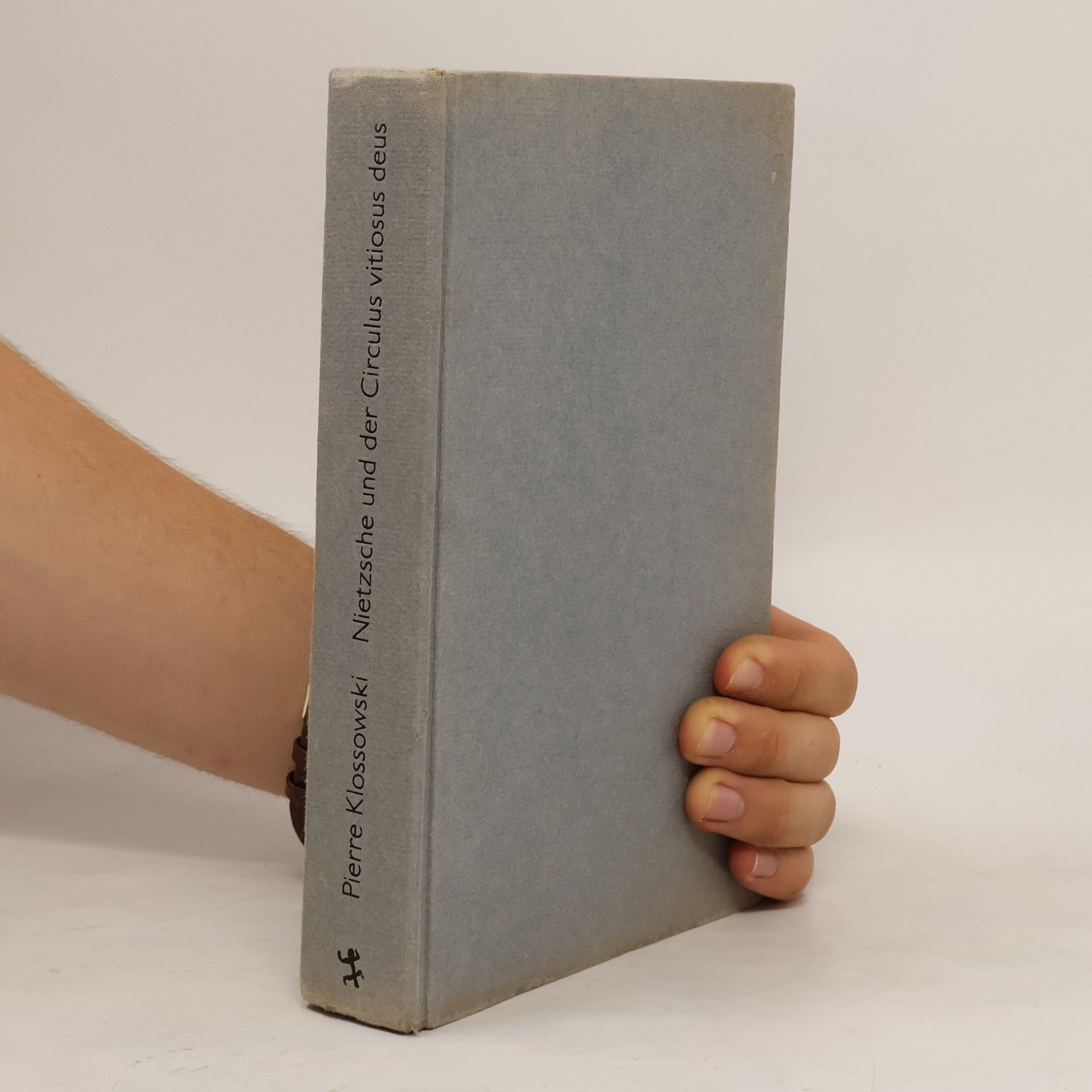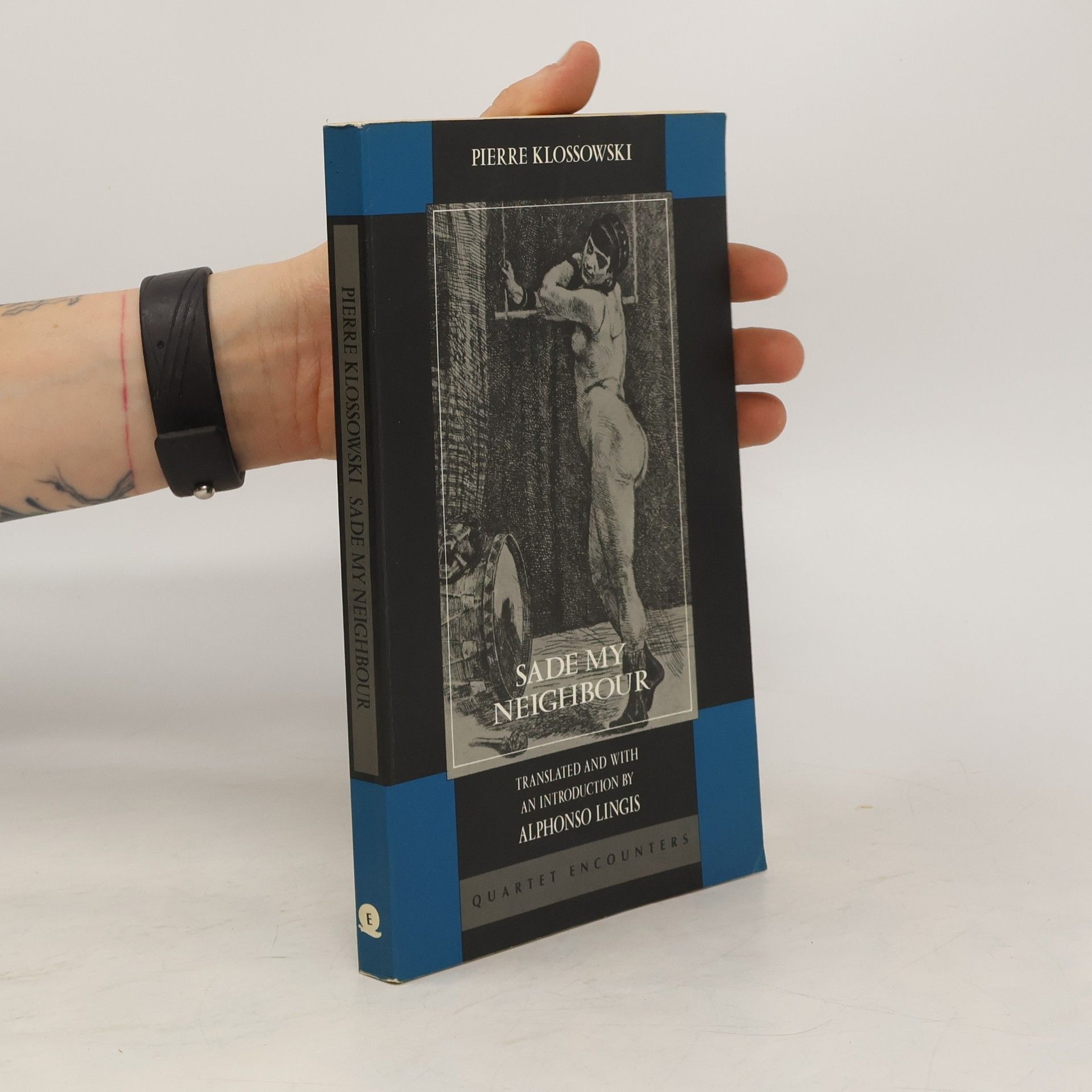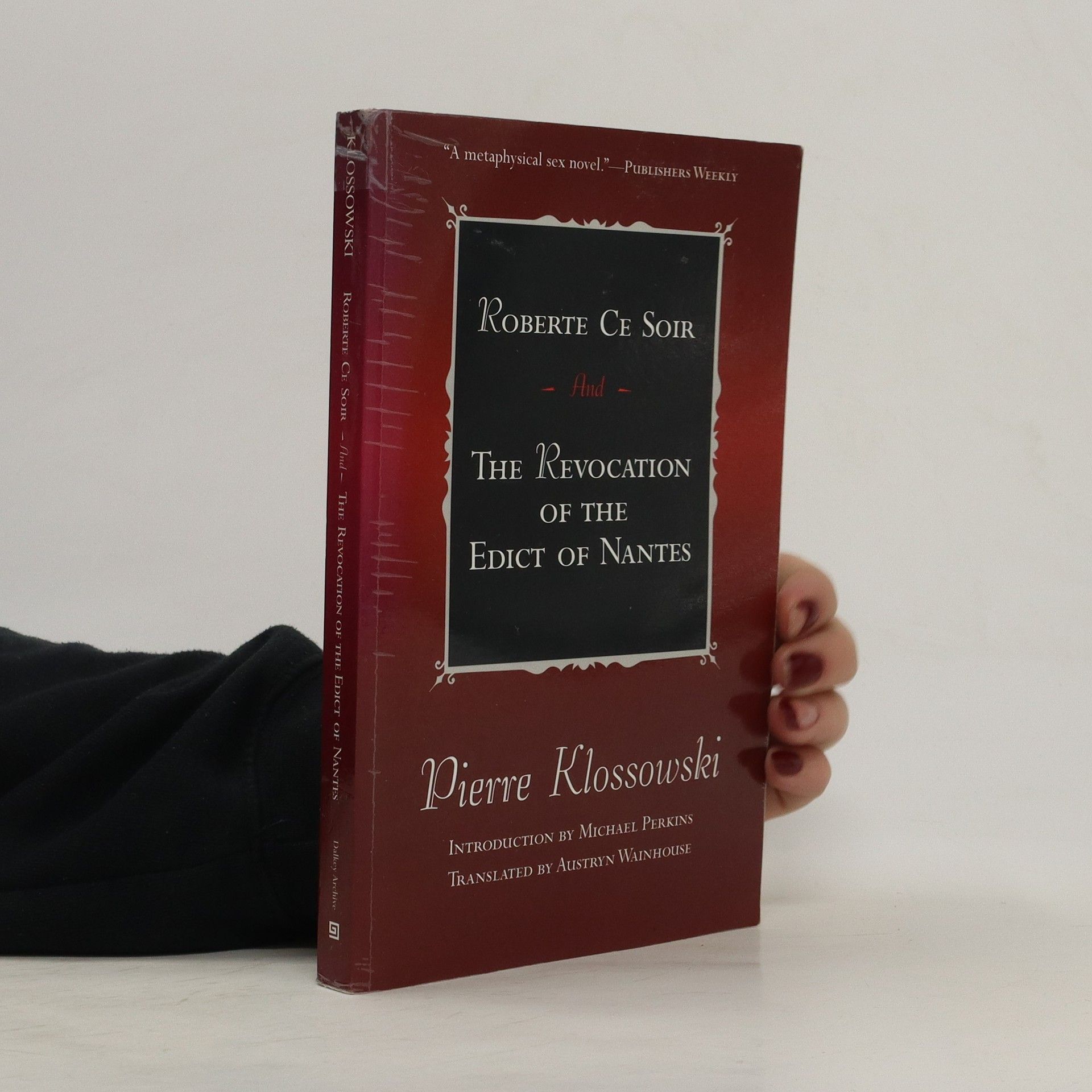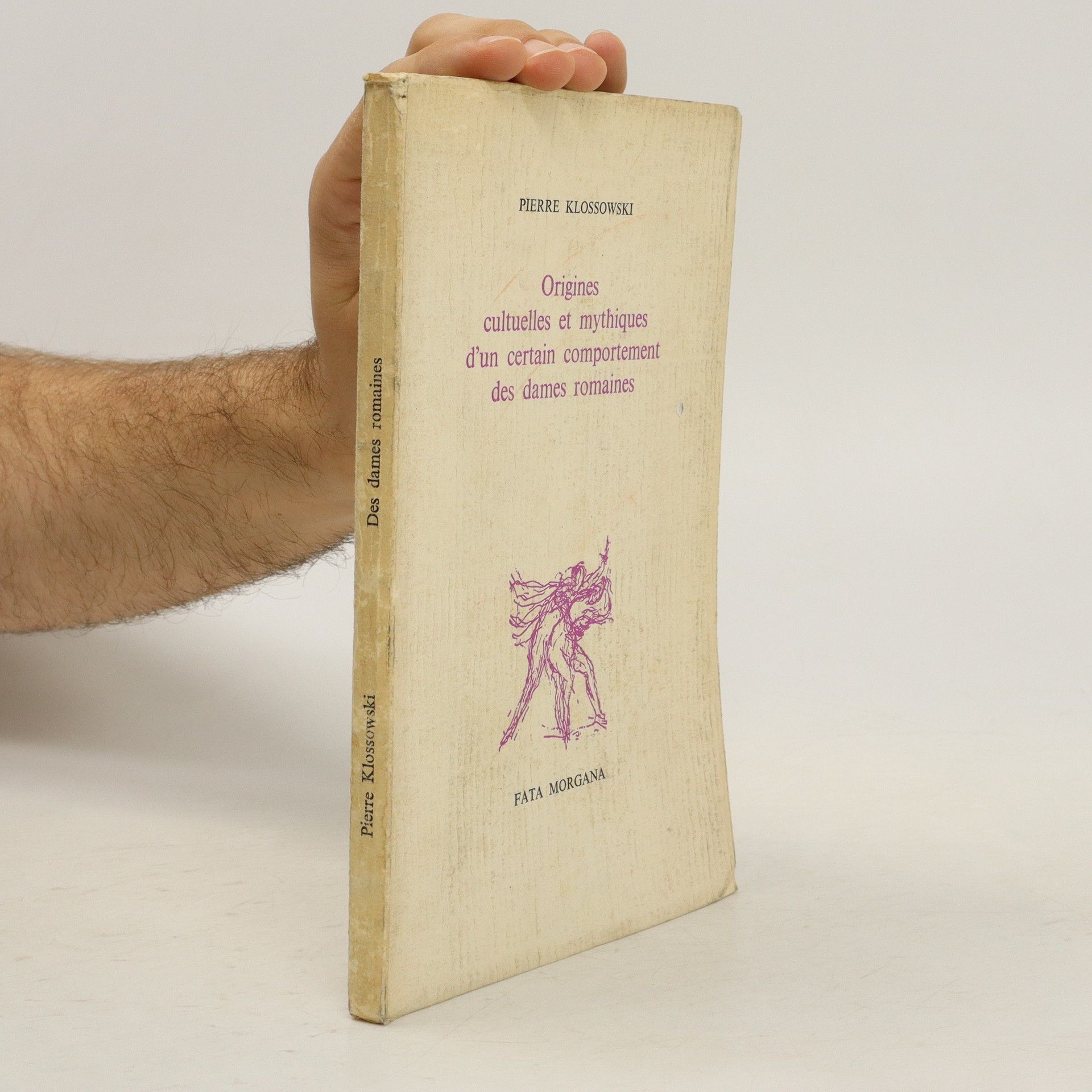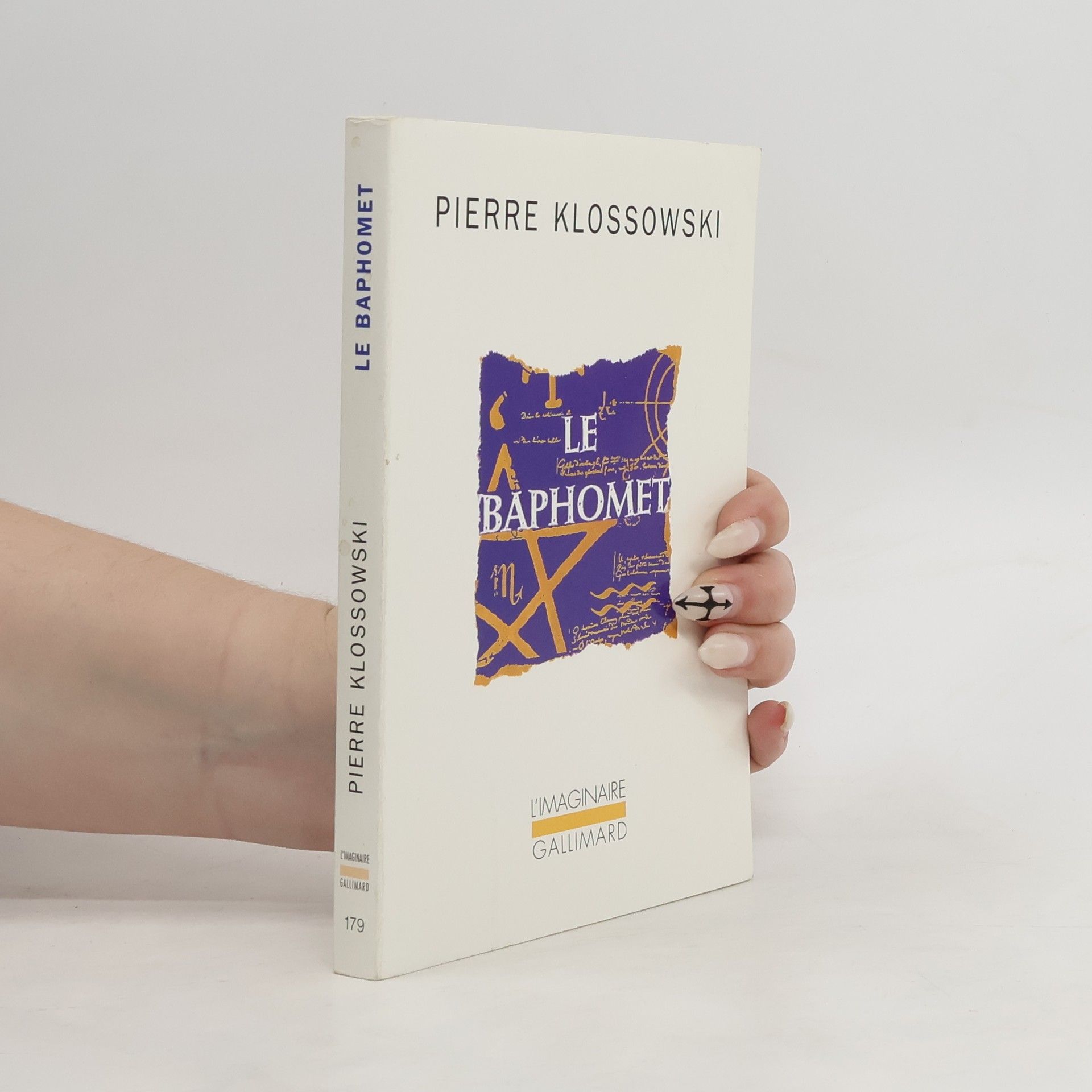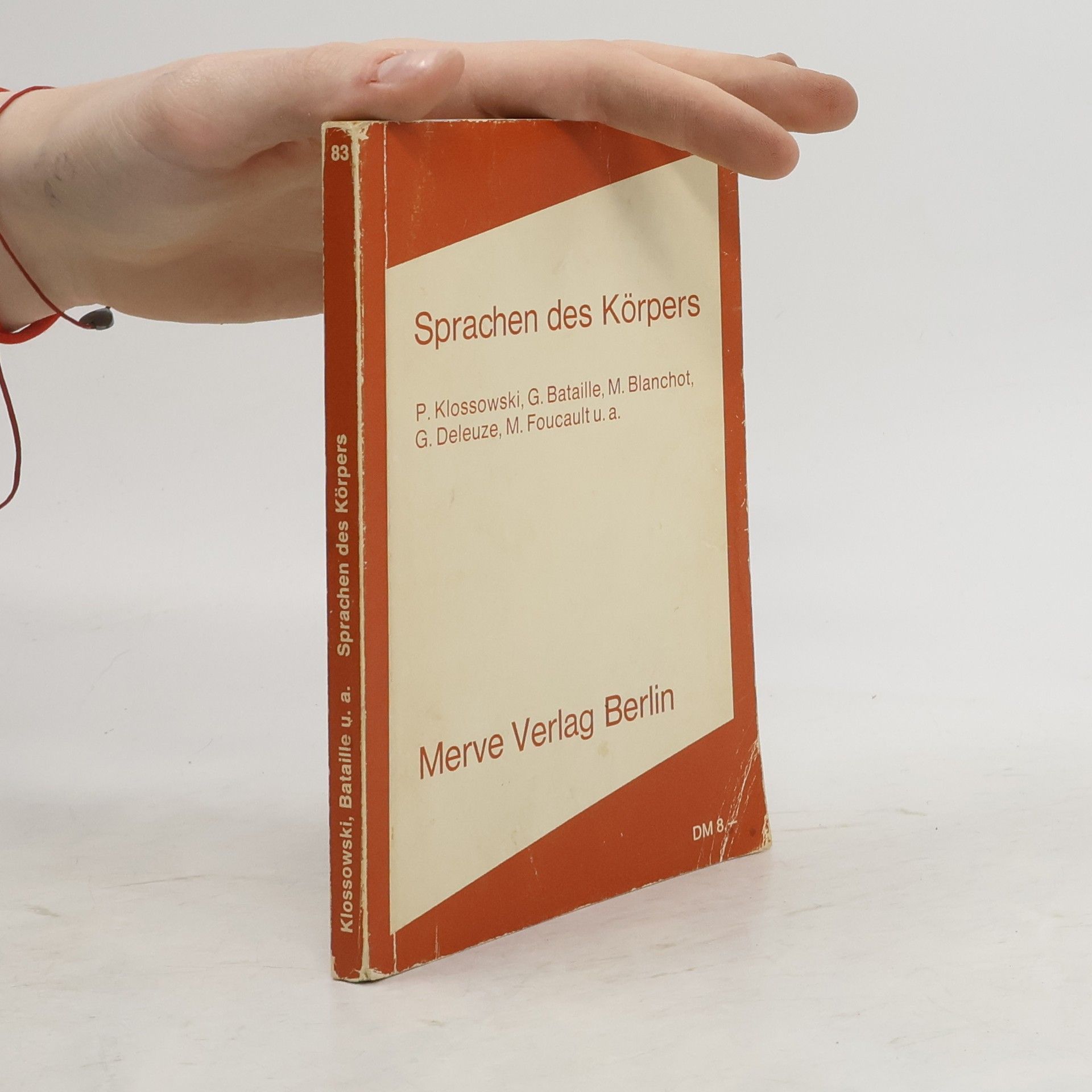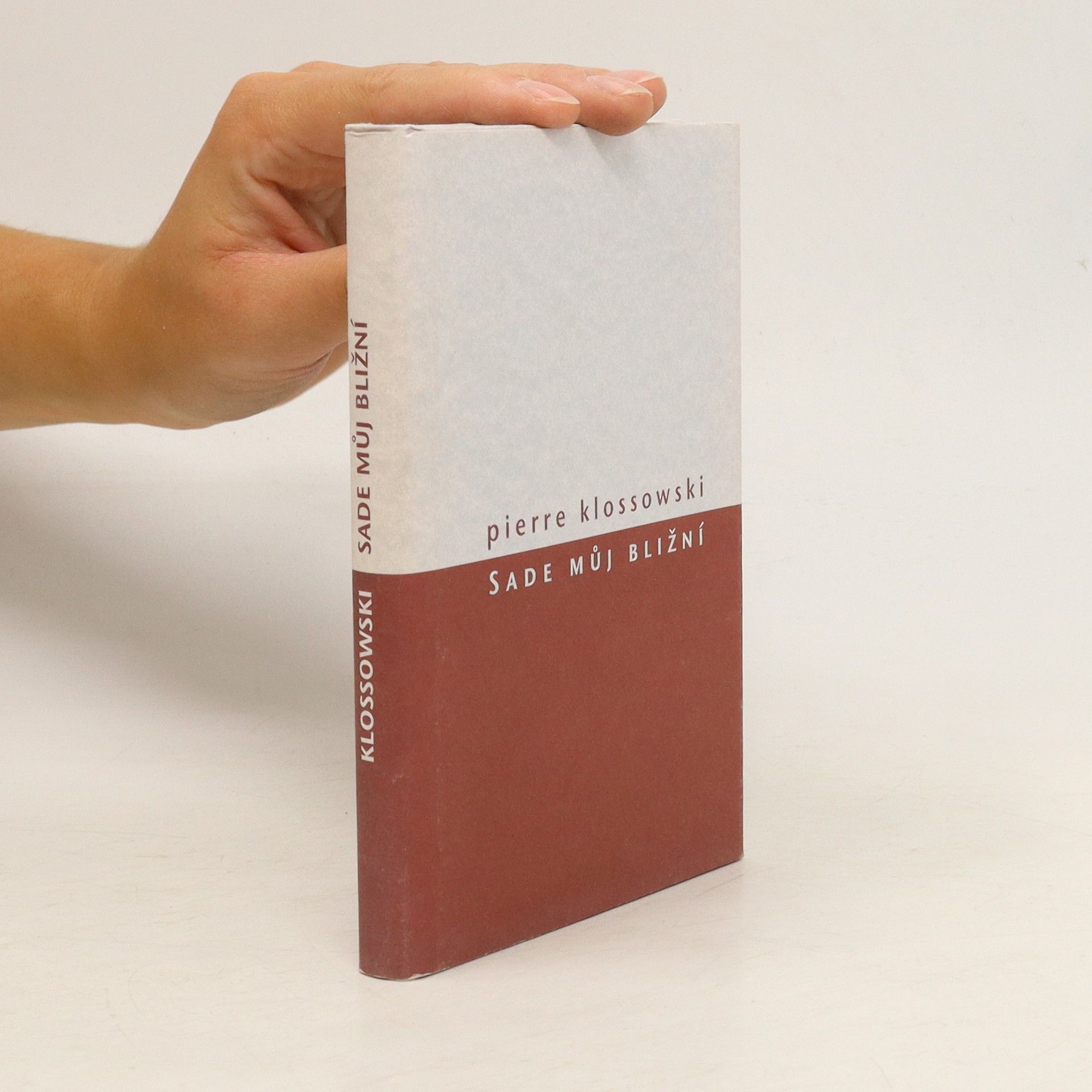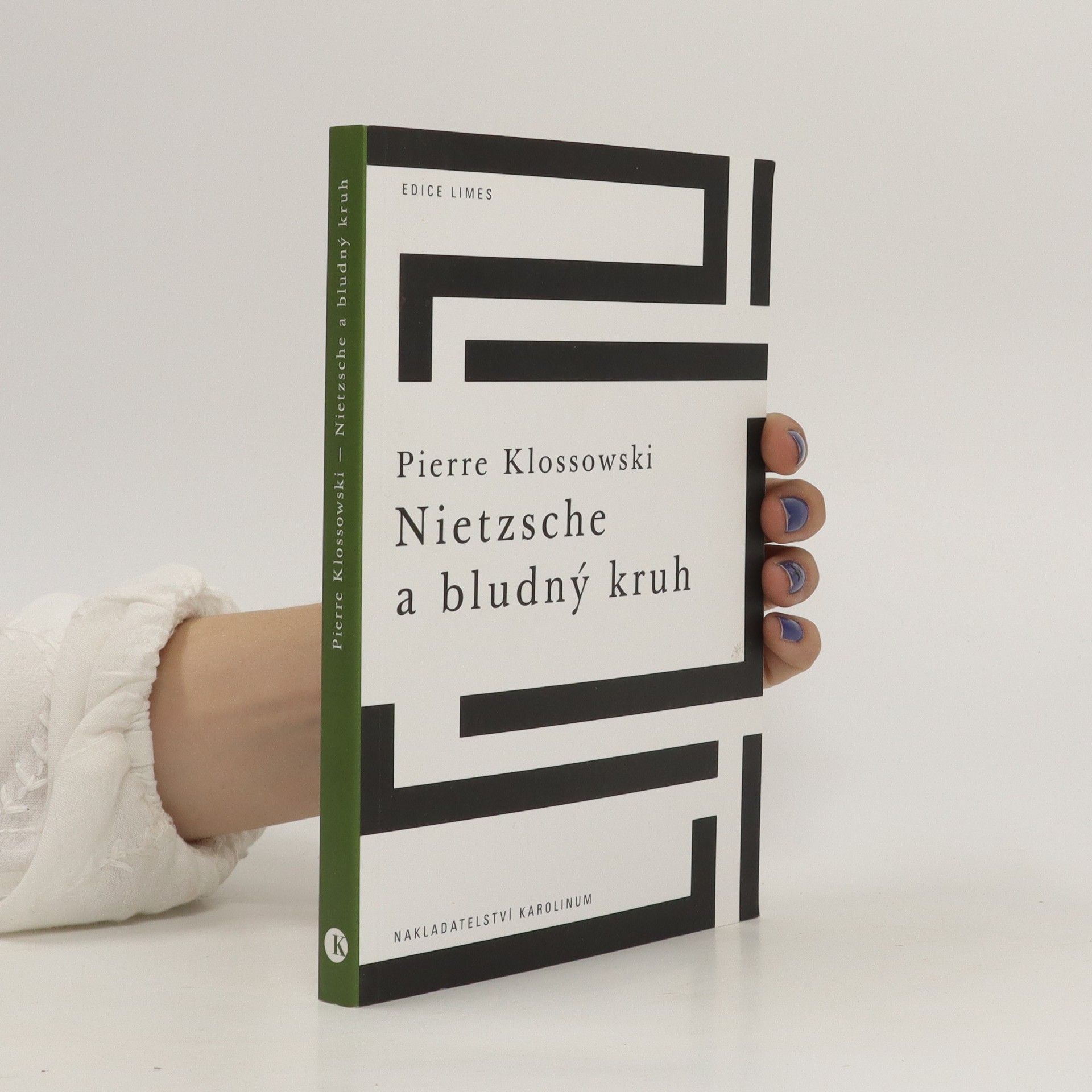Le Baphomet
- 232pages
- 9 heures de lecture
La 4ème de couv. indique : "Le Baphomet, transformant en mythe la légende des Templiers, traduit, avec une somptuosité baroque, cette expérience de l'éternel retour – assimilée ici aux cycles de la métempsycose et rendue par là plus comique que tragique (à la manière de certains contes orientaux). Tout se passe dans un au-delà tourbillonnaire – royaume des esprits –, où il est naturel que, sous une lumière d'invisibilité, toutes les vérités perdent leur éclat, où Dieu n'est plus qu'une sphère lointaine et fort diminuée, où la mort surtout a perdu sa toute-puissance et jusqu'à son pouvoir de décision : ni immortels ni mortels, livrés au perpétuel changement qui les répète, absents d'eux-mêmes dans le mouvement d'intensité qui est leur seule substance et fait de leur être identique un jeu, une ressemblance sans rien à quoi ressembler, une inimitable imitation, tels sont les "souffles", paroles d'esprit ou paroles d'écrivain, comme sont telles les figures et les œuvres formées par ces paroles."

